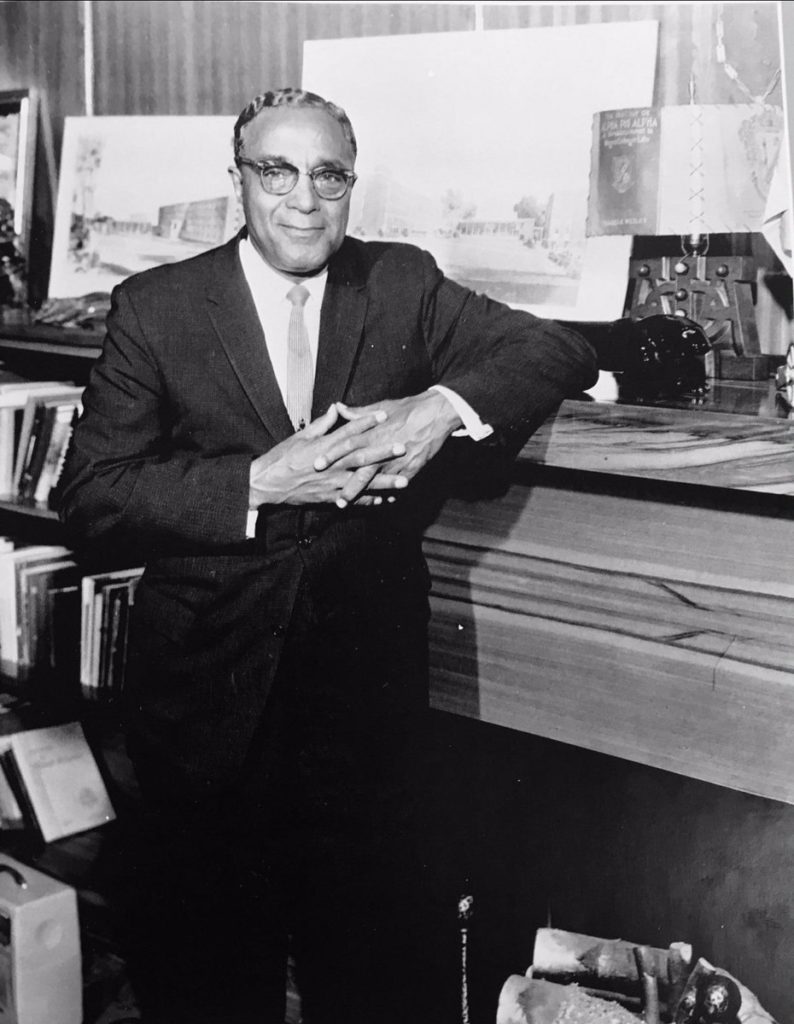Every day this month, the Center for Black Educator Development, in partnership with Phillys7thWard.org and the Education Post, will highlight a Black Educator Hall of Famer. But, don’t forget, e’ry month is Black History Month…February is just the Blackest.
Today, our featured Black Educator Hall of Fame Member is Dr. Charles Harris Wesley.
Dr. Charles H. Wesley was born on December 2, 1891 in Louisville, KY. He was a historian, educator, minister and author – publishing more than 15 books on Black history.
Dr. Wesley attended and graduated from local schools in Louisville. He graduated from Fisk University in 1911 and, in 1913, earned a Master’s degree from Yale University and in 1925, Dr. Wesley became the third African American to receive a doctorate degree from Harvard University—behind W.E.B. DuBois and Carter G. Woodson.
Dr. Wesley was a faculty member at Howard University from 1913 to 1942. But he was also an administrator for a good portion of his career.

From 1940 to 1942, Dr. Wesley was the Dean of the College of Arts and Sciences at Howard University. In 1942, Dr. Wesley left Howard and became president of Wilberforce University in Ohio, a school supported by the African Methodist Episcopal (AME) and in 1947, became the first President of Central State College. As president until 1965, Wesley improved the faculty, founded new programs (such as African Studies), and integrated the student body.
In addition to his work as an educator, Wesley was an AME Church minister and elder from 1914 to 1937. He was also president of the Association for the Study of Negro Life and History from 1950 to 1965 and executive director until 1972.
Dr. Wesley, who in 1930 became one of the first African Americans to receive a Guggenheim Fellowship, wrote 24 books between 1927 and 1984 describing an array of subjects including African American labor, Blacks in the Civil War, the Prince Hall Masons, the Fifteenth Amendment, and Black college life. Dr. Wesley also served as director of the Afro-American Historical and Cultural Museum in Philadelphia from 1974 to 1976.
The Black male educator space is a brotherhood. Our entering and sustaining largely happens as a result of one brother helping another. The same is true for Dr. Wesley, as Dr. Woodson encouraged Dr. Wesley to pursue a Ph.D. from Harvard. Once he obtained that degree, Dr. Wesley supported the work of Dr. Woodson, by working along side of him at ASALH. There relationship is proof of this brotherhood and serves as an example of who Black male educators; who Black people are to each other.
Charles H. Wesley; a member of the Black Educator Hall of Fame.
For more information on Charles H. Wesley, visit the following site.

